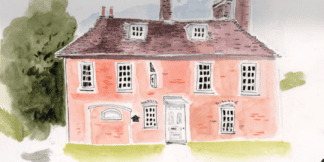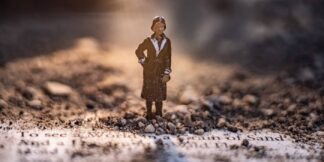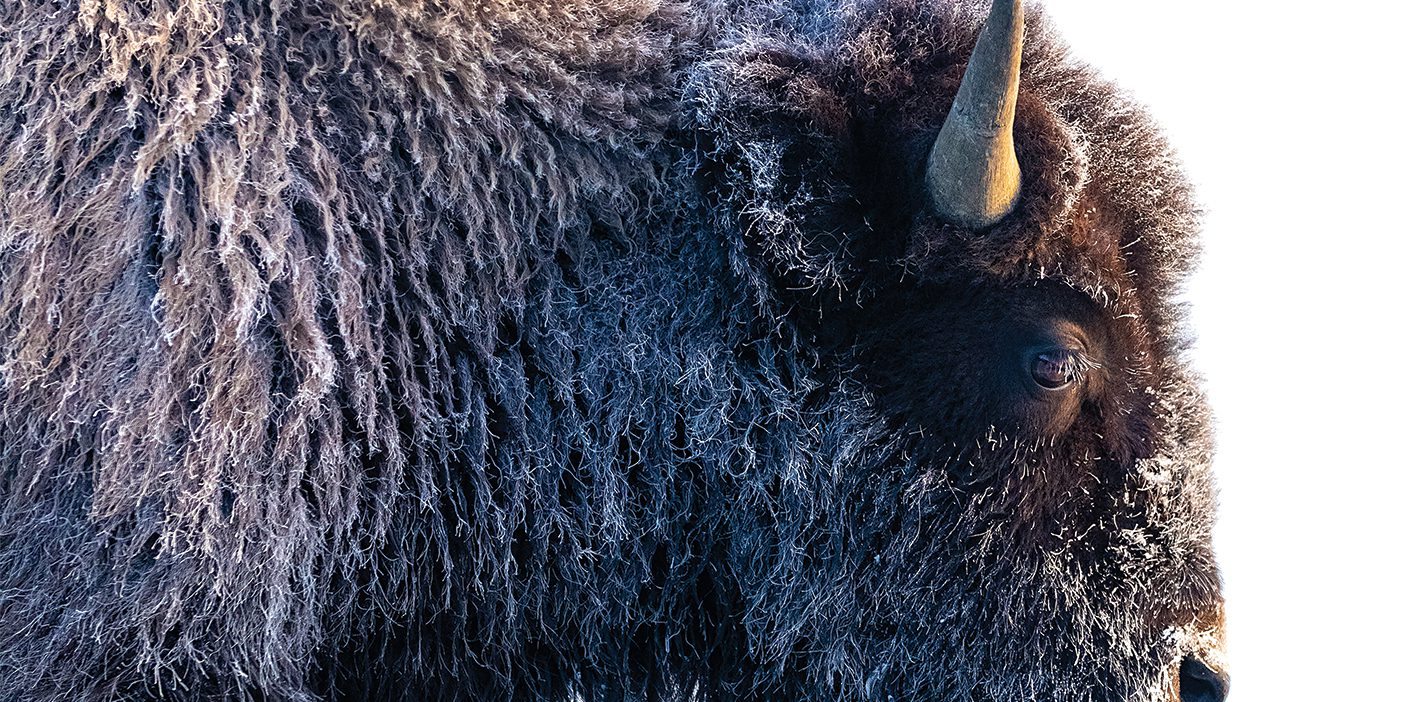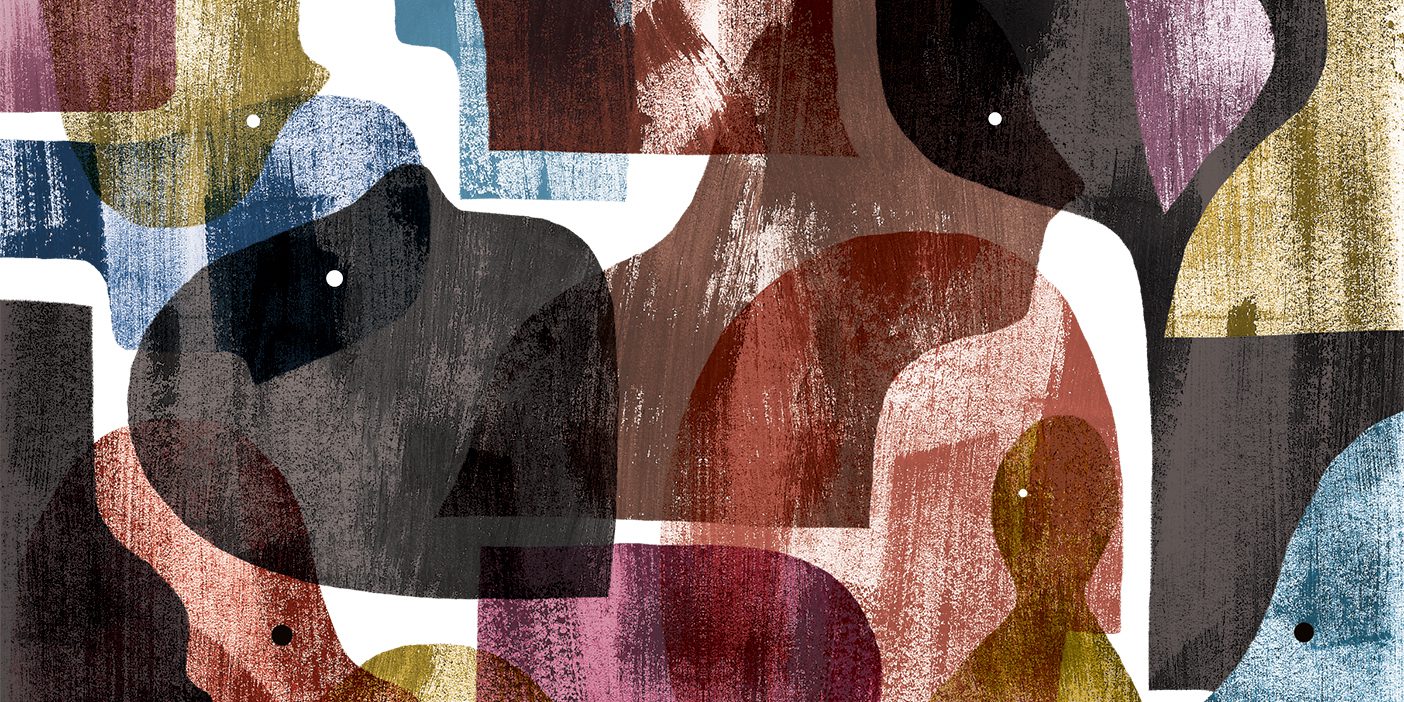Do we have ears to hear and hearts that feel?
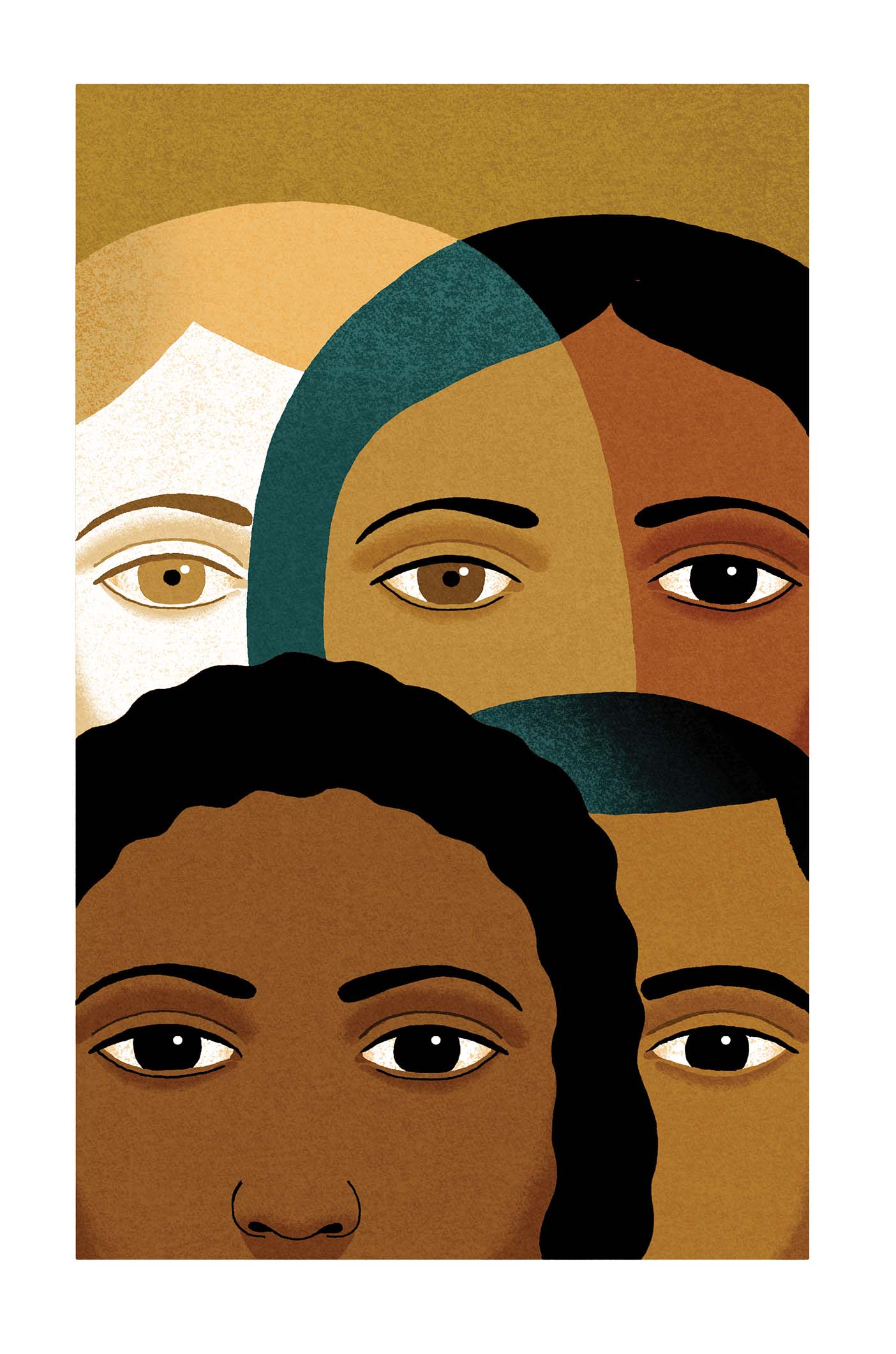
Years ago, a Navajo man preached the most powerful sermon I’ve ever heard—and he did it without saying a word.
It was at a memorial service for my uncle Hector, who had spent his life serving the Navajo Nation in Tuba City, Arizona, as an educator, leader, and friend. The service took place in a high school gymnasium, and many members of the local community and the surrounding Navajo tribes came to pay tribute.
During the service a Navajo man—dressed in Wranglers, cowboy boots, and a ribbon shirt—approached the podium. Leaning into the microphone, he said, “I am a very good friend of Hector’s. I have no words to share with you. I am too sad to speak. So, rather than speaking, I have chosen to cry for my brother.” The man then seated himself on a chair next to a portrait of Uncle Hector and bowed his head. Placing both hands over his face, he began to silently weep on behalf of his departed friend.
A hush and reverence encompassed all who were present as this silent, vulnerable sermon communicated unfathomable grief while simultaneously giving full expression to the terms respect and friend.
There were two adults I noticed at the service who fidgeted uncomfortably in their seats and kept checking the time. Unfortunately, by fortifying themselves against the vulnerability present in that silent sermon, they passed on an experience that might have brought them closer to those around them and to God.
I witnessed similar silent sermons recently. I sit on BYU’s Committee on Race, Equity & Belonging, which works to “review processes, [policies], and organizational attitudes regarding racism and root them out.” As part of this, our committee met with many individuals to discuss the issues that minority populations face at BYU.
Former and current students’ reports of casual racism and outright bigotry were extremely painful to hear. Yet it is their unspoken words and unaddressed trauma that linger with me, communicated via hunched shoulders, downcast gazes, and tears.
Deep fear and significant hurt are part of the Black, indigenous, and other people of color (BIPOC) community across the world and at BYU. Fear and hurt of this magnitude are not things to be “overcome” or “pushed through”; they must be healed. And before these deep wounds can be healed, systemic inequalities and racism need to be identified and thoroughly scoured, painful as that is and uncomfortable as that may feel. Hearing and sharing these stories is only the beginning of a walk we must all make together.
For those who have ears to hear and hearts that feel the silent sermons our BIPOC populations offer, please give them the attention they deserve. Ask yourself, “What can I do to help?” Then act—in even the smallest of ways. We all have a part to play, and we have all been charged with the responsibility of being our brother’s keeper (see Gen. 4:9).
May we let charity, that “pure love of Christ” (Moro. 7:47), drive out any fear from our hearts that would prevent us from assisting one another. May we esteem others as we esteem ourselves. And may we all continue to push forward under the direction of our living prophet as he continues to echo the Savior’s call that we might all be united in Him (see John 17:11).
MORE: Read recommendations from the Committee on Race, Equity & Belonging.







